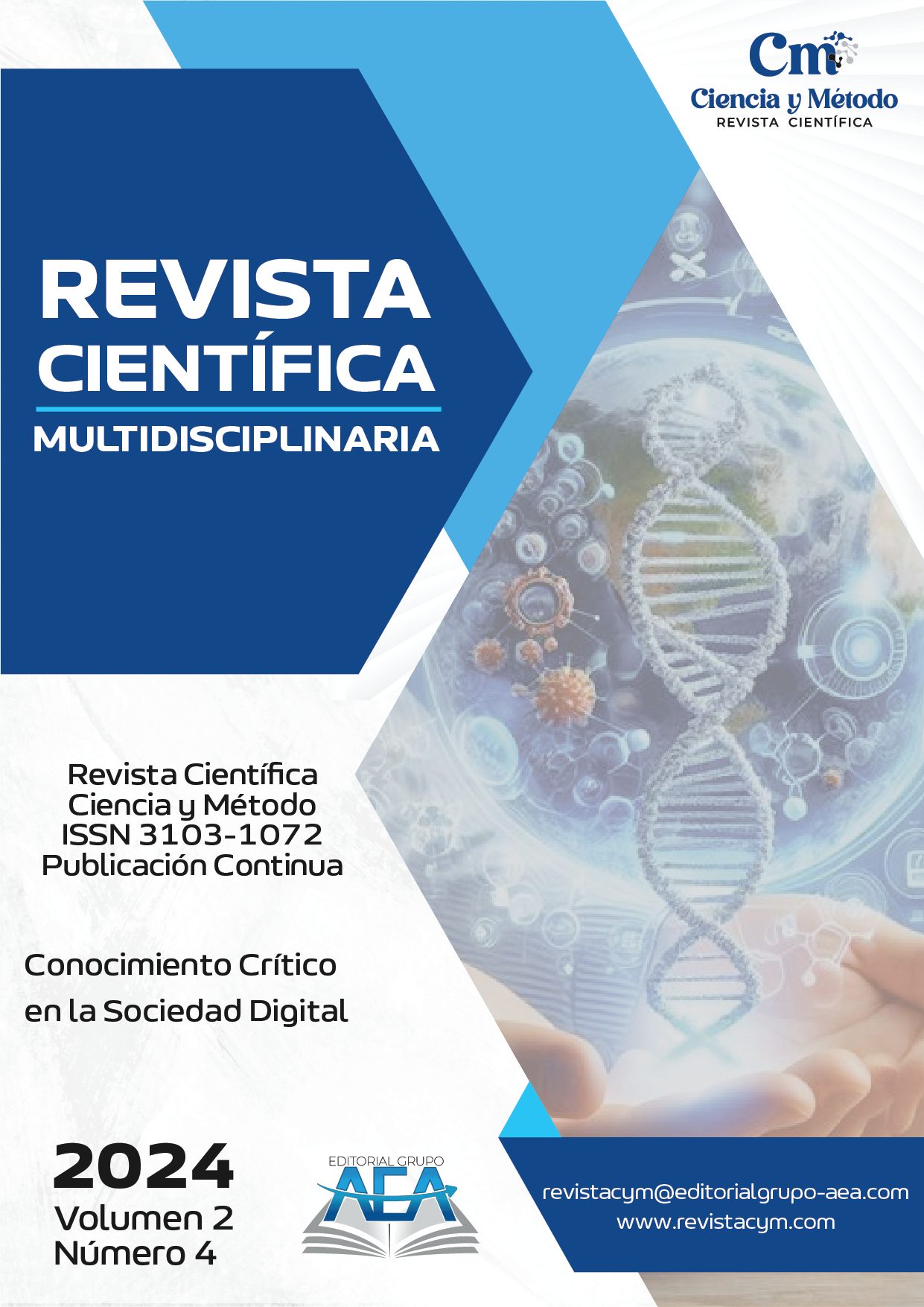It brings together research that examines the role of critical thinking and the production of knowledge in an environment marked by hyperconnectivity, artificial intelligence and information overload. This volume addresses how digital technologies influence the construction of knowledge, teaching-learning processes, citizen participation and decision-making in different fields. The selected articles explore strategies to foster a culture of rigorous analysis, information ethics and digital literacy in academic, social and professional contexts. They also present approaches that problematize the access, use and validation of knowledge in digital media, promoting a science that not only integrates technologies, but also questions their cultural, cognitive and political implications. This issue seeks to consolidate a critical vision of knowledge in the digital era, promoting an academic reflection committed to truth, equity and social responsibility.
Published: 2024-10-18

